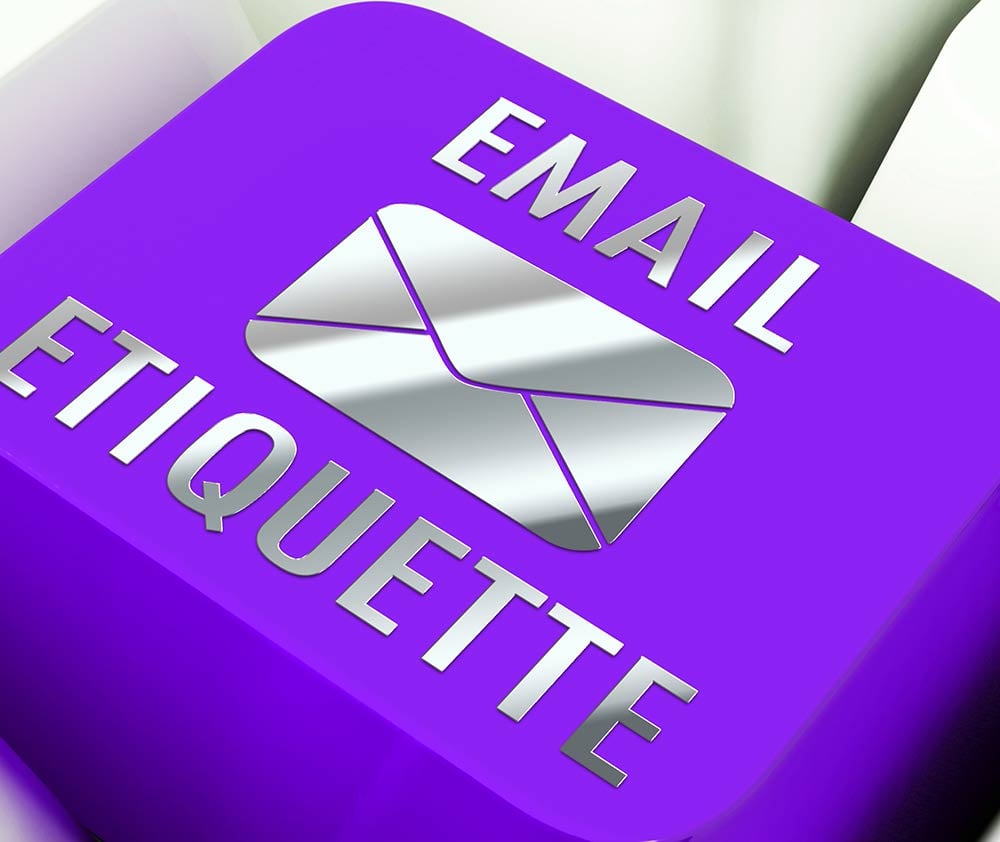 Some college students may rejoice to hear their classes have shifted to online learning, but the social context for that change remains stressful and it is a mistake to think that classes will be easier online. For students still in dorms, the distractions are endless. For students living back home, distractions and adjustments to family life contribute to the disruption. With the radical switch that most face as their instructors turn to remote learning, college students need to accept a greater level of responsibility for their education, all while being more patient with others and themselves.
Some college students may rejoice to hear their classes have shifted to online learning, but the social context for that change remains stressful and it is a mistake to think that classes will be easier online. For students still in dorms, the distractions are endless. For students living back home, distractions and adjustments to family life contribute to the disruption. With the radical switch that most face as their instructors turn to remote learning, college students need to accept a greater level of responsibility for their education, all while being more patient with others and themselves.
The health crisis that is leading to self-selected quarantines and university closures is a massive change for everybody. Accept some disruptions as your instructors overhaul courses for online learning. Some may struggle with platforms they have largely avoided. Others may need to reimagine their course content. All are facing a barrage of updates on policies and practices and having to adjust accordingly. Some students are comfortable with online learning, while others aren’t. Some have impairments that complicate their access and use of virtual platforms. Patience with professors and classmates will help during the transition period into online learning for the rest of the semester.
Switching to online learning means being entirely self-regulated and governed. Plan study sessions for each subject. Dedicate a few hours throughout the week. Letting work accumulate becomes overwhelming and that stress leads to abandoning projects. Marathon sessions are not effective. Short but regular engagement works best. Put your study time into a calendar and stick with it because falling behind is very easy. In higher ed, professors don’t provide the same level of support that high schools do. College students need to be responsible for managing their time, their work, and their success.
Even if you are comfortable researching and working online, even if most of your assignments and tests required online posts, switching to exclusive online learning introduces new management expectations. Each week, instructors may use their educational platform (like Canvas or Blackboard) to assign a plethora of small assignments: videos with internal quizzes, discussion boards, textbook reading as well as articles posted to the site, automated quizzes, conference meetings, and much more. Keeping track is hard. Set aside a weekly period to look through your online course site and identify what you need to do. Some work may not have due dates, but your professor will expect you to complete it in advance of tackling other work. List all the work expectations, and track what needs to be done in a notebook or calendar.
Doing all the work for one class on one day typically fails. Some classes will require multiple posts a week. Cramming information makes it easier to forget. With online learning, there is less repetition of content so focus on any activity and extracting necessary details becomes even more important. The instructor won’t be there in class to revisit core ideas and answer questions, or simply respond to those heavy silences when students are unsure. If you know you don’t understand something, request a virtual meeting with the professor or TA. If the content appears in the subsequent week and you still don’t understand it, then you must address the situation immediately or face the likelihood of falling too many steps behind the material.
Recognize that the new types of work may require learning new platforms. Schedule extra time to complete assignments in case the system is not what you thought it would be. Watch tutorials and ask classmates for tips. Connect with other students through a video platform to work together. It can help as long as the work stays the focus.
The other side of the quarantine is feeling severed from friends. The isolation isn’t simply about being alone but about losing the kind of heartfelt contact that ‘hanging out’ provides. Video chats help a lot but everyone is on different schedules and connecting doesn’t always work. Just like scheduling study time, schedule chats with close friends or make group dates. Decide to have coffee together in the morning or to all eat the same thing. That small gesture can feel bonding.
For those at home again, after becoming accustomed to managing your own life, daily interactions with parents can create stress and discord within the family. Everyone is trying to adjust. The best way to show your parents that you have the maturity to study, eat, and sleep when you want is to listen patiently to their concerns and stay on top of your work. Recognize that they are likely adjusting to your lifestyle, too, and trying to make room for it in their own. If everyone finds a little more patience with each other, especially when we feel it the least, then as adults in these trying times we will get through.
By Charlotte Kent, Ph.D. and Private Tutor, and Brad Hoffman, M.S.Ed. and Learning Specialist
 e-Tutoring and Online Learning:
e-Tutoring and Online Learning: Great writers are crafters of mental imagery, masters of linguistics, and drivers of dialogue. When we think about those who write and write well, we describe their poetic word choice, their lucid description, and their unparalleled ability to put unspeakable ideas into print. It is the content of their writing that causes us to return again and again to their texts — the journalist who humanizes a campaigning politician in their profile or the mystery writer who moves the plot closer to crescendo with nothing more than a few turns of phrase between characters. We read, laud, and teach the craft and content of writing to our students with the same revery, encouraging them to use “juicy words” and “vivid description.” But, we are doing ourselves and our students a disservice by not discussing one of the most important skills writers share: their writing fluency.
Great writers are crafters of mental imagery, masters of linguistics, and drivers of dialogue. When we think about those who write and write well, we describe their poetic word choice, their lucid description, and their unparalleled ability to put unspeakable ideas into print. It is the content of their writing that causes us to return again and again to their texts — the journalist who humanizes a campaigning politician in their profile or the mystery writer who moves the plot closer to crescendo with nothing more than a few turns of phrase between characters. We read, laud, and teach the craft and content of writing to our students with the same revery, encouraging them to use “juicy words” and “vivid description.” But, we are doing ourselves and our students a disservice by not discussing one of the most important skills writers share: their writing fluency. Activation, intention, and inhibition are essential cognitive functions for selective attention. Regardless of the task, the level of access to and employment of these cognitive functions will affect the level of effectiveness and efficiency in achieving a goal. Selective attention depends on alertness toward a task, the intention toward that purpose, and filtering out of unintended and irrelevant distractors.
Activation, intention, and inhibition are essential cognitive functions for selective attention. Regardless of the task, the level of access to and employment of these cognitive functions will affect the level of effectiveness and efficiency in achieving a goal. Selective attention depends on alertness toward a task, the intention toward that purpose, and filtering out of unintended and irrelevant distractors.